Hi professor @sapwood, thanks for the lecture.
This my homework task below Sir.
Homework Task
(1) What are the economic & social ramifications of self-upvote in Steem Blockchain? Do you gain better curation rewards by upvoting others as compared to self-upvote? (Include real examples)
(2) What is the difference between isolated judgment and community judgment in curation? How do you adapt to community judgment on quality content in Steem Blockchain? Does that bring economic incentive for you? If yes, explain with real examples, (include screenshots and compare them with your isolated judgment)?
(3) Go to Steemworld.org, check your Upvote value( at the current SP, VP). Take a screenshot. Then go to the Steemit trending page, find a post with a payout of more than $10 but less than $50(Age less than 6 Days 12 hrs). Upvote it. Take screenshots before and after upvote. Similarly, go to another post on the Trending page, find a post with a payout of more than $100( Age less than 6 Days 12 Hrs). Upvote it. Take screenshots before and after upvote. Tell the differences between the two. Which one has produced a greater Upvote value & Curation reward for you with the same resources(SP, VP)? Explain?
(1) What are the economic & social ramifications of self-upvote in Steem Blockchain? Do you gain better curation rewards by upvoting others as compared to self-upvote? (Include real examples)
Self upvote in the steem blockchain doesn't add much or any value to the your post. In the early days of steem blockchain it was possible to upvote on a post that belongs to one, in this manner many abused the system by giving an upvote to inconsistent post on the platform.
It is know that the more sp you have the more the ability to make more profit. When self upvote was still possible in the steem blockchain, the Blockchain was quadratic/superlinear, with its function f(x)= x2, by this when there us an upvote on one's post there is much profit made, the more the sp the more the profit that is made.
Upvoting others
When you vote on a post from others, you have better curration reward from the post you have upvoted. Thus is because the steem blockchain now operate on y a convergent linear equation, f(x)= x2/(x+1. with this equation self upvote is invalid because the amount of curation reward is very small compare to the upvote made on others post in the steem blockchain.
What is the difference between isolated judgment and community judgment in curation? How do you adapt to community judgment on quality content in Steem Blockchain? Does that bring economic incentive for you? If yes, explain with real examples, (include screenshots and compare them with your isolated judgment?
The main difference between isolation and community judgement in curation is that, in isolation judgment in curation individual upvote with their sp personally while in community curation, the sp is combined to form a united and huge sp for upvote.
In the isolation judgment curation, the reward is small when compared to the community judgement curation which gibe more reward.
Initially, to adapt to the community curation is not all that easy but once it is more better form of curation I rather go for it always to have more rewards in curation.
Yes, it brings me an economic encouragement by the rewards of curation received. The community judgement in curation as always promote the chance to have a better reward.
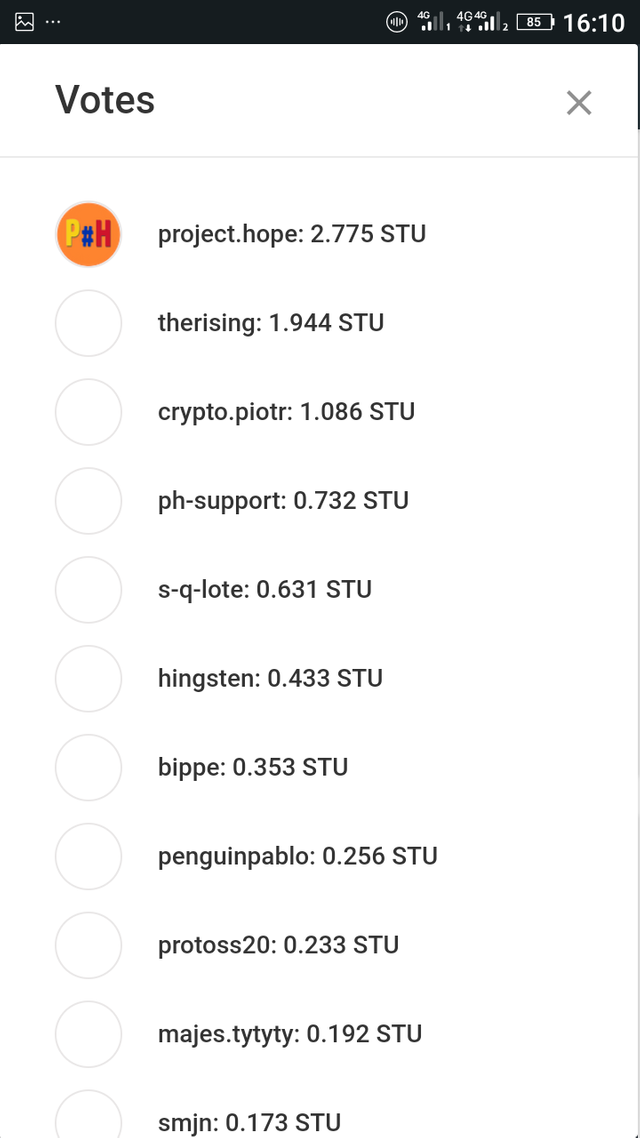
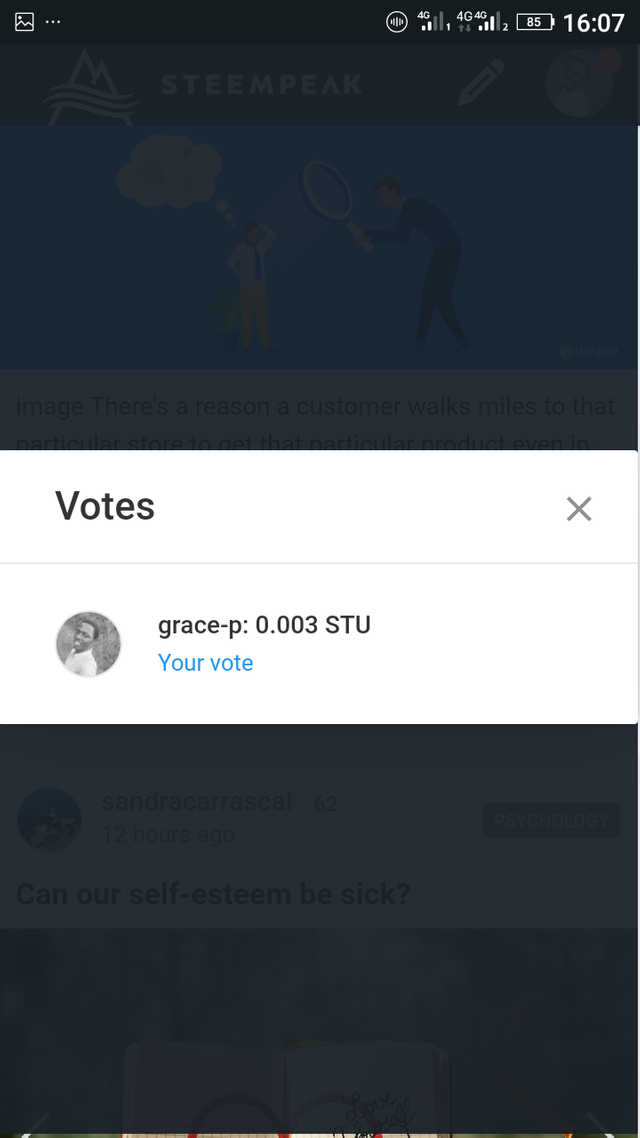
Go to Steemworld.org, check your Upvote value( at the current SP, VP). Take a screenshot. Then go to the Steemit trending page, find a post with a payout of more than $10 but less than $50(Age less than 6 Days 12 hrs). Upvote it. Take screenshots before and after upvote. Similarly, go to another post on the Trending page, find a post with a payout of more than $100( Age less than 6 Days 12 Hrs). Upvote it. Take screenshots before and after upvote. Tell the differences between the two. Which one has produced a greater Upvote value & Curation reward for you with the same resources(SP, VP)? Explain?
The value of my vote
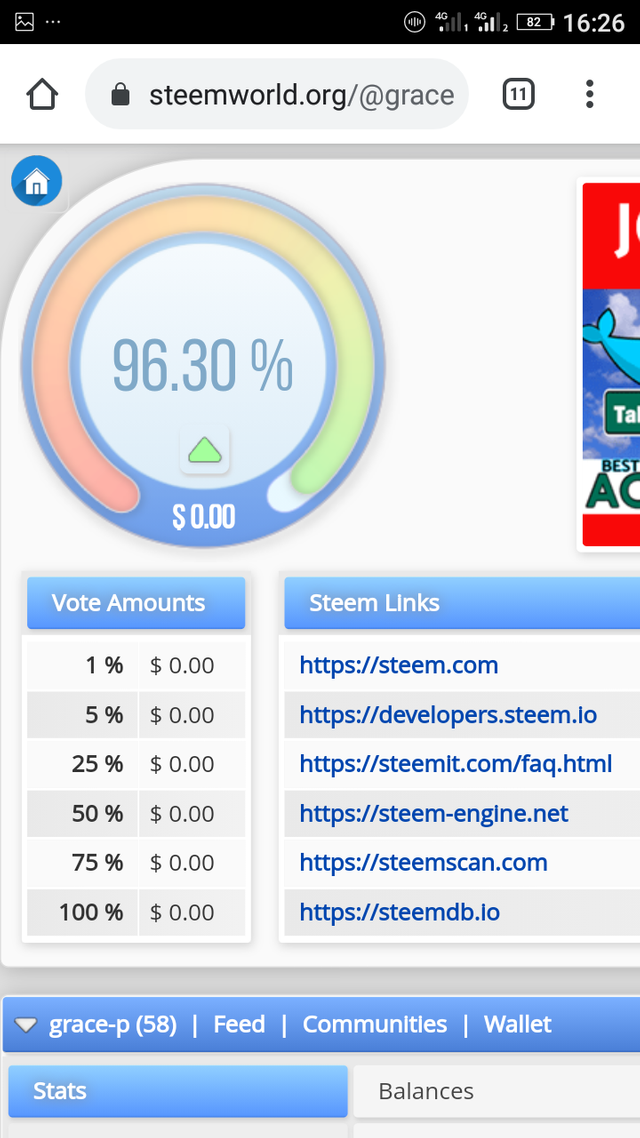
A post with a payout of more than $10 but less than $50(Age less than 6 Days 12 hrs).


Before I upvoted the post it was at $12.01, but after I have voted on the post it increase to $12.02.
A post with a payout of more than $100( Age less than 6 Days 12 Hrs).
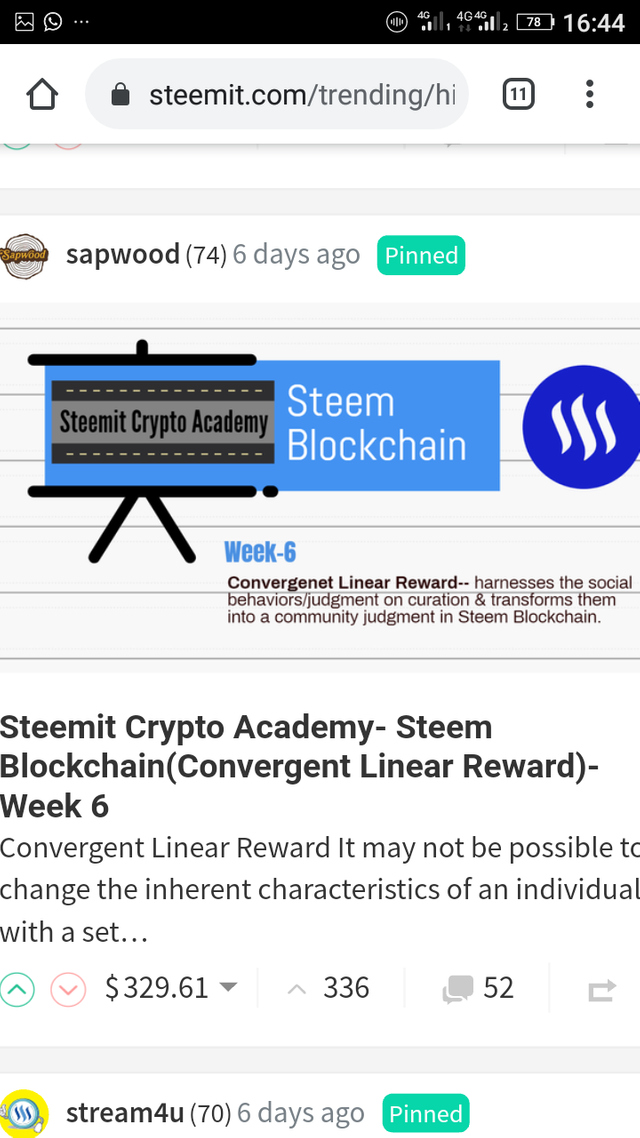
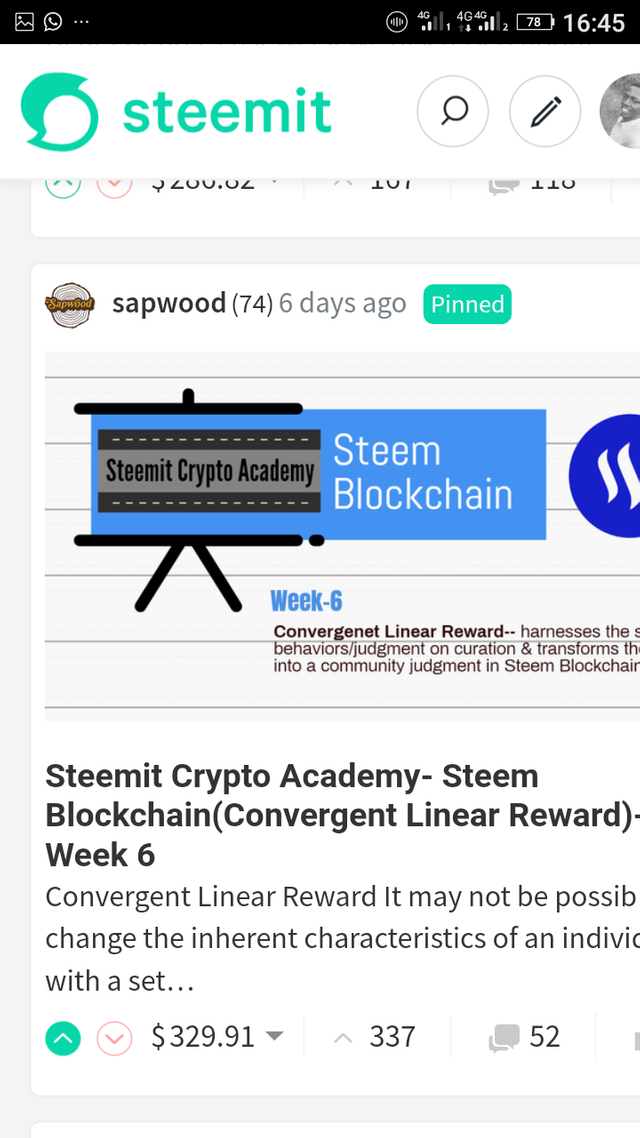
Before I voted on the post it was $329.61 but after I have voted it increase to $329.91.
Conclusion
To my own point, I will say to be involved in a community judgement curation is the best, this is because from the example given above the difference is really clear.
Thanks for reading.
Best regards
Cc: @steemcurator01
Cc: @steemcurator02
Thank you for attending the lecture in Steemit-Crypto-Academy & doing the homework task-6.
Your behavior and activity should produce social intersection. Self-upvoting does not make that happen. The author/curator concept ceases to exist with a self-upvote.
In principle, a curator must enrich an author before gaining any curation reward. Self-upvote diminishes that idea.
Economically your resource(SP) should produce an optimal reward for you. Mathematically you will get less reward from self-upvoting as compared to curating others.
Your isolated upvote value= $0
Voting a post with a payout of $12.01 produces an upvote value of $0.01
As you go on curating top trending posts in the increasing order of their post payout($10, $50, $100, $200, and more) you will find that your upvote value produces a better result and you also gain better curation reward as compared to isolated judgment.
The difference between isolated judgment and community judgment is the cumulative SP. The more the cumulative SP, the linear the reward. If the reward curve gets linear it further attracts follow-through voting as curators see a profit from a post-payout that has already achieved linearity.
Thank you.
Homework Task -6 successfully accomplished.
[3]
Downvoting a post can decrease pending rewards and make it less visible. Common reasons:
Submit